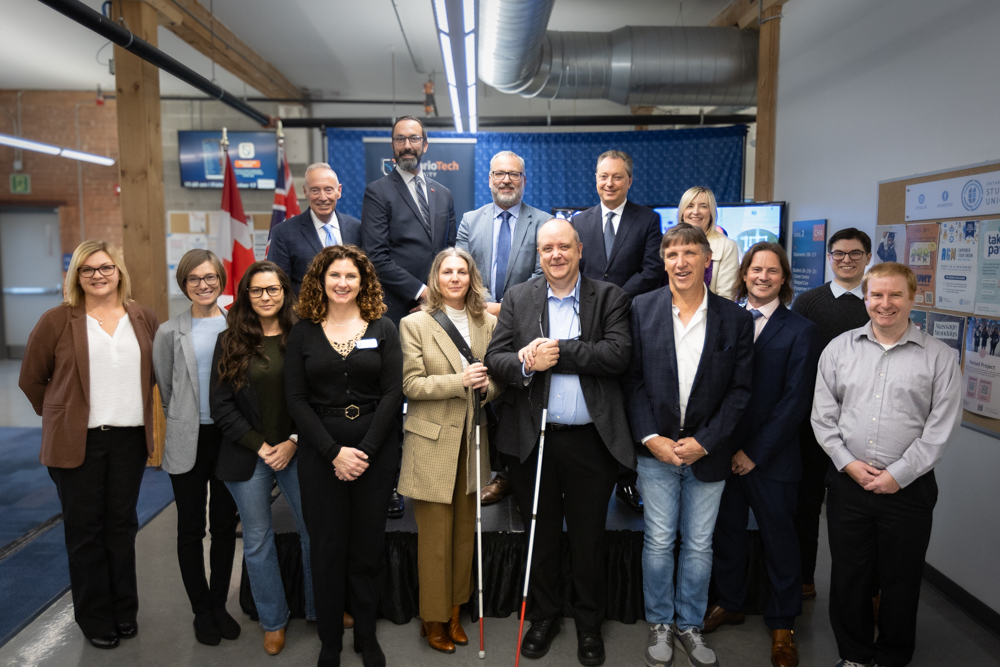When does cross-promotional marketing serve cross-purposes?
FBIT researcher Dr. Salma Karray publishes articles in influential journal
March 16, 2016

Consumers see many instances of two or more businesses teaming up to promote their products or services. For example, in late 2015 Subway’s restaurants gave away Star Wars-themed cups to coincide with the release of Episode VII: The Force Awakens, the latest movie in the Star Wars franchise.
While the intended outcome of any joint promotion contract is higher sales for each company, the back story may not always be so simple. When companies invest in joint promotions, there can also be negative implications for the promoted products.
Dr. Salma Karray, Associate Professor of Marketing in the University of Ontario Institute of Technology’s (UOIT) Faculty of Business and Information Technology (FBIT) researches issues surrounding joint promotional marketing using game theoretic decision modelling. In a complex marketplace, managerial decisions do not only affect the companies that initiate them; the implications also extend to competitors and partnering firms. Game-theoretic models take into account these strategic interactions to predict the outcomes for different market situations where companies have interdependent interests.
The results of Dr. Karray’s research were published in the influential journal OMEGA, the International Journal of Management Science.
The Journal of Citation Reports credits OMEGA for having the highest impact factor for peer-reviewed journals in the field of operations research and management science. Impact factor measures the average number of citations to recent articles published in a journal; the higher the impact factor, the more important the journal is in its field. OMEGA’s impact factor is 4.376.



